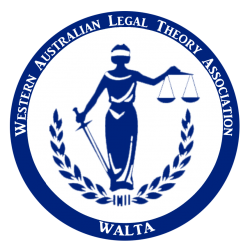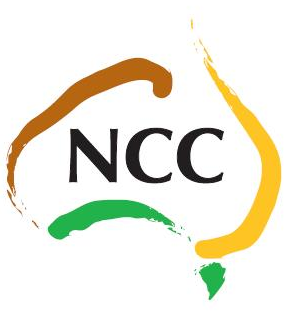Religious Freedoms
at the
Crossroads
The Rise of Anti-Christian Sentiment in the West
14-15 June 2019, Sheridan College – Perth-WA

WILLIAM WAGNER
William Wagner is a Christian with over twenty years of high-level legal, executive, and academic experience. He married his bride Marilyn in 1986 and together they home educated their children. Professor Wagner currently serves as President of Salt & Light Global, seasoning the public dialogue with the Truth of God’s Word. He also holds the academic rank of Distinguished Professor Emeritus (Law and Constitutional Governance) where, as a tenured professor, he received the Beattie Award for Teaching Excellence (for making the greatest contribution to student legal education). A frequent speaker at world conferences, Professor Wagner has a special interest in building and preserving environments where Christian people may share the Gospel free from persecution and oppression.
Professor Wagner has published a number of articles, books, and other publications, including a national best seller (#1in its category). As lead amicus counsel in many matters before the United States Supreme Court, he has authored briefs on behalf of various Christian organizations. He has also authored written testimony, evidence, and briefs in such forums as the Swedish Supreme Court, the U.S. Congress, and the U.K. Parliament. He has further addressed many executive, legislative, parliamentary, and judicial audiences throughout the world, and presented at various diplomatic forums including the United Nations Human Rights Council in Geneva.
Professor Wagner previously served in the United States Courts as a federal judge. Prior to his appointment on the federal bench, he served as a legal advisor and the chief American diplomat for the Department of Justice at an American Embassy in Africa. There he led a diplomatic mission charged with strengthening good governance and the rule of law. His international service also includes an appointment by the United States Courts as Commissioner to Canada. Over the years, Professor Wagner has provided international assistance to the justice sector institutions of numerous countries on five continents.
Professor Wagner also served as a senior United States prosecutor, litigating hundreds of federal cases and serving as chief of appellate litigation for the Office of the United States Attorney. Prior to serving in the Justice Department, Professor Wagner served as legal counsel in the United States Senate and as chief counsel to the Senate Judiciary Committee of the Michigan legislature. As chief counsel, he supervised all legislative issues involving the separation of powers, due process, and other protections of individual rights and liberties, including the right to free expression and the free exercise of religious conscience.
Professor Wagner received the post-doctoral Danforth Fellowship in Law after earning his J.D. in 1986. He serves, or has served, on the executive governing boards of a number of international and national ministries.
“Lex Rex or Rex Lex: The Virtue of Originalism or the Tyranny of the Few”
In this presentation, Professor Wagner analyses the proper scope of the judicial power. Along the way he reviews competing approaches judges use to interpret constitutional and statutory provisions. He then analyses how these approaches impact governance and the rule of law differently. With powerful examples, he shows how originalism approaches lead to politically accountable good governance under the rule of law, while organic approaches lead to non-politically accountable judicial tyranny. The concern is especially disquieting for Christian people when judges actively diminish liberty protecting free expression and religious conscience, while brazenly manufacturing personal autonomy “rights” repugnant to ancient sacred tenets.
More is at stake here. The jurisprudential drift, from politically accountable governance, destabilizes the vital legitimacy necessary for a properly functioning judiciary. To restore legitimacy in judicial institutions, Professor Wagner proposes a plain proper meaning approach to judicial interpretation – an approach that identifies the true rule of law in a statutory or constitutional provision, at the time the author of the provision promulgated it. Under Professor Wagner’s proposal, judges apply the true rule of law to resolve any dispute before the court, leaving it to the politically accountable branches to amend, evolve, or change the meaning of the provision at issue.









